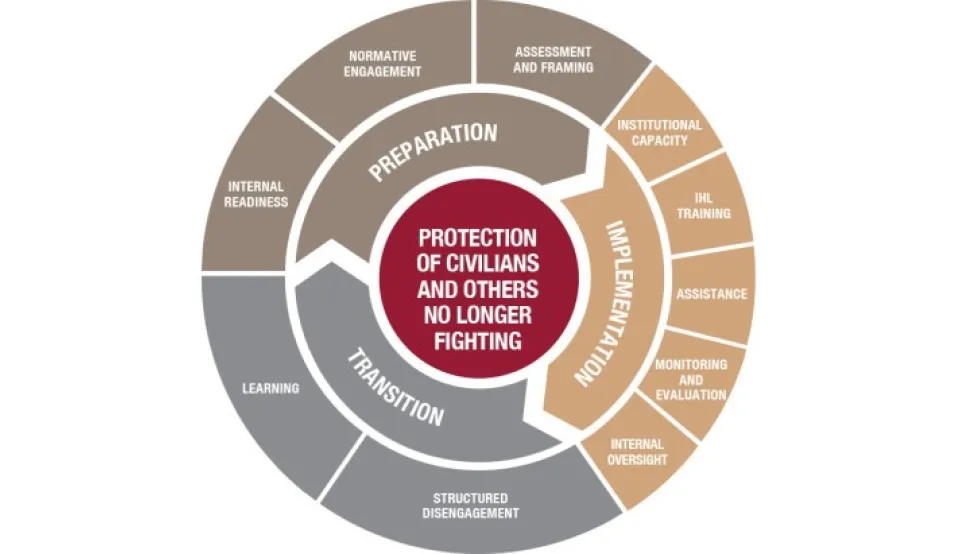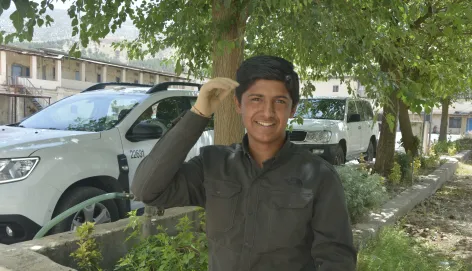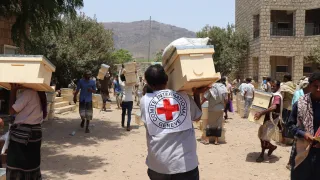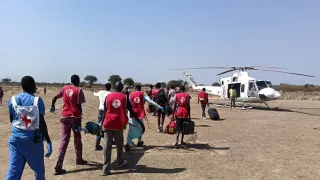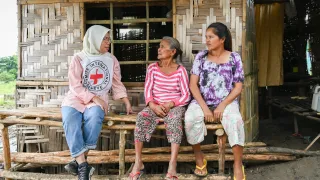Reducing human suffering
Armed conflict today is increasingly complex. Among other trends, belligerents receive support from an ever-growing number of actors that are organized in overlapping webs of alliances, partnerships and proxies. This has consequences on conflict dynamics and puts civilians at risk.
The greater the number of actors involved in a conflict, the more difficult it can be to achieve a political solution. And when armed actors fight alongside each other in loose coalitions with unclear coordination, this can lead to a diffusion of responsibility that heightens the vulnerability of civilians. Yet support relationships between armed actors also offer opportunities to strengthen the protection of civilians: actors can leverage their influence over each other to promote respect for international humanitarian law.
Every time a partnership is signed and an alliance is formed in a war zone, a bond is created that has the potential to worsen – or reduce – human suffering.
To address the challenges that arise in such situations, the ICRC has launched a global initiative on support relationships in armed conflicts. This involves working with a wide range of interested actors and identifying measures that can improve the protection of civilians, the wounded and detainees.
The ICRC aims to get decision-makers to think about the risks inherent in providing support to a party to an armed conflict and, perhaps more fundamentally, about the opportunities that well-directed influence can create to reduce the human cost of war.
In April 2021, the ICRC launched the publication Allies, Partners and Proxies: Managing Relationships in Armed Conflict to Reduce the Human Cost of War, which serves as the basis for the ICRC to build a constructive dialogue with governments, armed forces, as well as with multinational and non-state actors in order to find practical ways forward.

